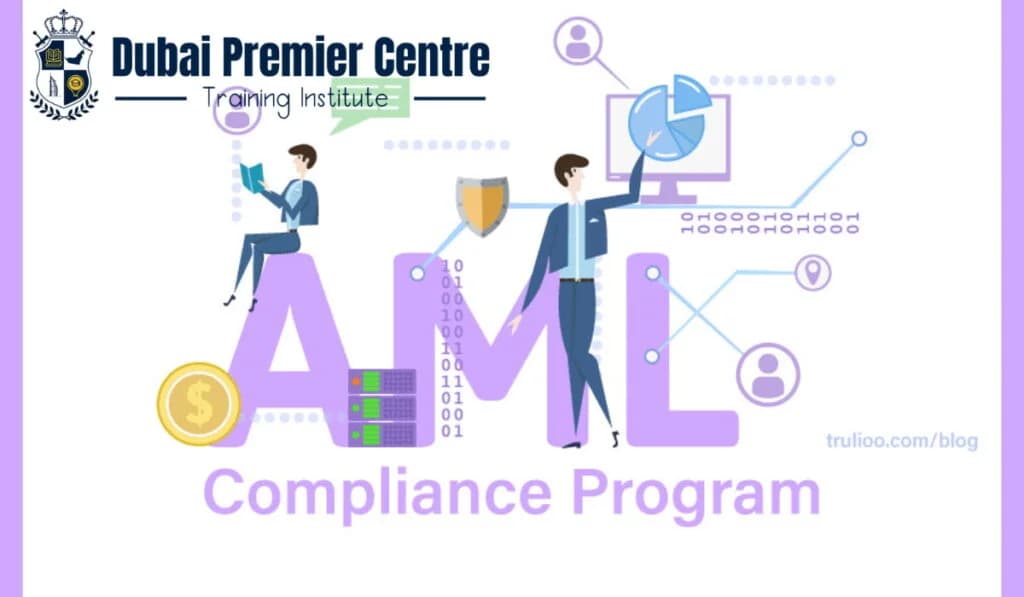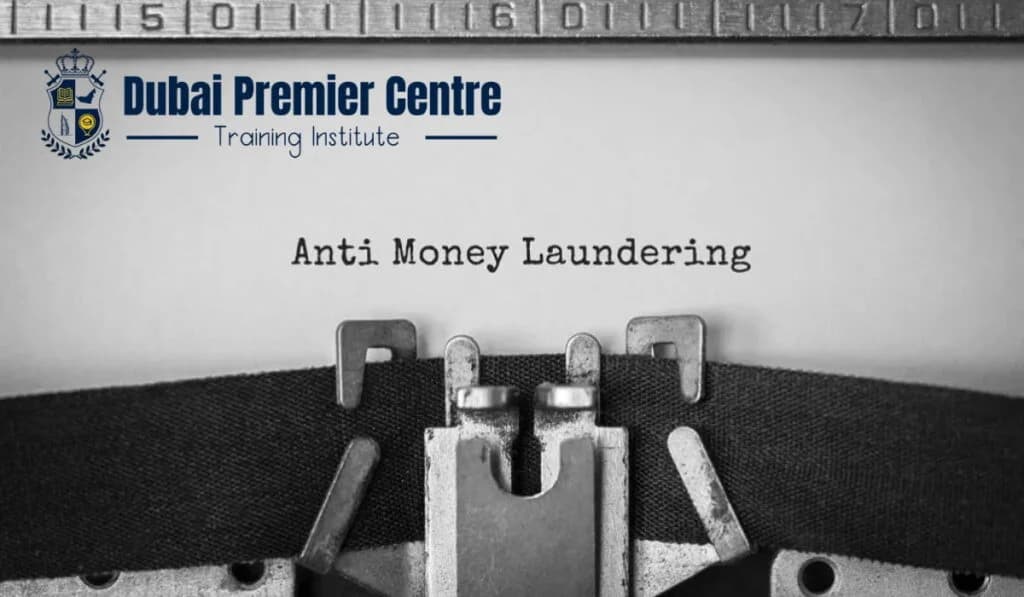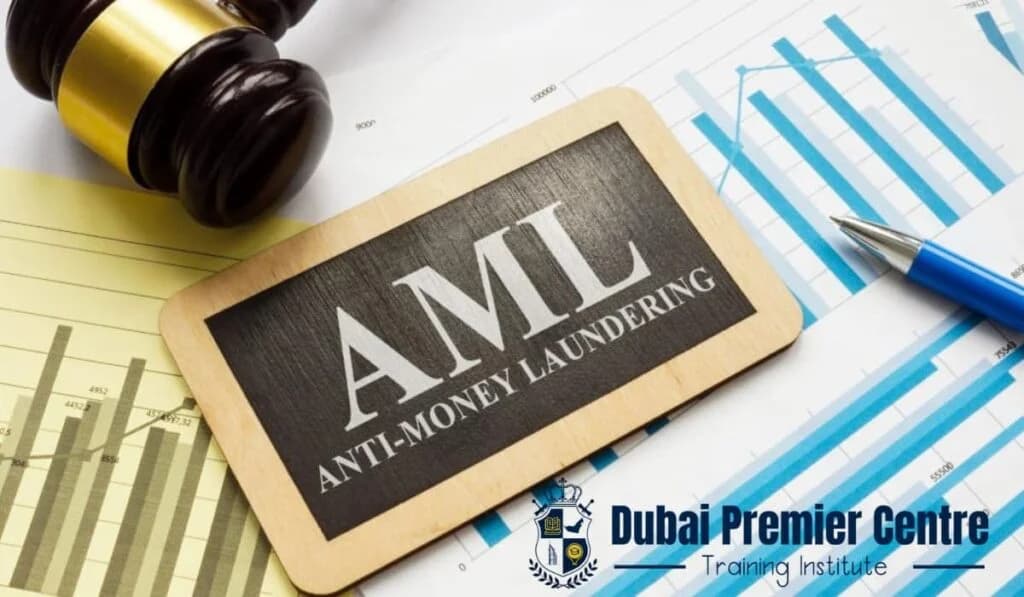
Money launderers use transactions that need the least degree of scrutiny and have the lowest chance of being discovered to legalize the proceeds of crime. A policy-making group that advocates for global rules against money laundering, the Financial Action Task Force, suggests that financial institutions that handle money transfers be permitted to look into their clients' activity even if doing so compromises their financial privacy. In metropolitan New York, for instance, a Colombian cartel routinely converted cocaine sale earnings using money transmitters until the industry was regulated.
The Treasury Department replied by allowing local financial institutions to report transactions that exceeded a certain threshold.
Many signatory nations have been obligated to enforce reporting requirements on the financial industry as part of their broader anti-money laundering programs since the publication of the Financial Action Task Force's Forty Recommendations against money laundering in the mid-1990s. Money launderers chose to flee financial institutions after rule implementation since they found alternative businesses through which they could process funds similarly to criminal opportunists.
What is the role of attorneys in anti-money laundering?
As law professionals who serve as top-level defenders of financial systems, attorneys stand mission-critical in establishing anti-money laundering (AML) measures. Attorneys take part in various stages of anti-money laundering processes by reviewing transactions and conducting customer background checks and reporting doubtful transactions with full respect for client confidentiality and professional codes of conduct.
1. The guardians of the financial system
The illegal funds require laundering through lawyers who aim to conceal sources and ownership and control; therefore, lawyers maintain a gatekeeping function. Through handling client cash and legal structure development and real estate transaction support, lawyers provide services that launder money. The "gates" that lead to the financial system require attorneys to act as gatekeepers because they protect against illegal money according to the FATF's standards.
2. Risk assessment and due diligence for clients
As part of their professional duties, attorneys must establish client identification through client due diligence to confirm both client details and transaction purpose. Lawyers can detect suspicious behavior more easily through their ongoing observation of client operations, thus identifying abnormal financial dealings unusual land acquisitions, and complex ownership structures designed for hiding ownership. Every situation requires them to conduct a unique risk assessment, particularly when engaging in "targeted activities" like handling securities, managing client funds, or real estate transactions.
3. Keeping an eye on suspicious transactions and reporting them
Lawyers must watch transactions for indications that suggest money laundering or terrorism financing activities. The reporting requirement exists for lawyers who notice reasonable evidence indicating money or transactions linked to criminal activity. Attorneys need to report suspicious activities to the president of the bar rather than financial intelligence units which ensures the protection of the attorney-client relationship's confidentiality. This satisfies AML requirements while maintaining professional confidentiality.
4. Legal and Ethical Responsibilities
The legal profession requires attorneys to avoid participating in criminal acts that include illicit money transfer operations. The profession strictly forbids counselors from advising their clients about criminal actions. Lawyers need to exercise strict due diligence because the American Bar Association, along with other professional associations, prohibits their participation in money laundering operations. Their AML role is supported by this ethical framework without needlessly violating confidentiality.
5. Weaknesses and Difficulties
Despite their vital function, lawyers are susceptible to organized crime's manipulation, particularly when they are under financial strain. Criminals may try to abuse legal services for money laundering's integration and layering phases. To reduce hazards, this vulnerability calls for continual training, internal controls, and legal compliance procedures.
How do attorneys detect and prevent money laundering?
By concentrating on compliance, client inspection, monitoring, and reporting, lawyers can take several targeted, doable actions to identify and stop money laundering in their practice. These actions make up a thorough anti-money laundering (AML) plan that is adapted to the particular dangers and moral commitments of the legal profession.
1. Put in place a thorough AML compliance program
- Create and uphold established AML rules and procedures that are specific to the risk profile and legal services provided by the company
- Assign a compliance officer or money laundering reporting officer (MLRO) to supervise AML initiatives and report questionable actions
- Make sure the AML program has top management's approval and is continuously tested independently to ensure its efficacy
- Update AML rules frequently to take into account new threats and legal changes
2. Perform Due Diligence and Client Identification (CDD)
- Use trustworthy, official identity documents to confirm the identities of your clients
- Gather and confirm details about the clients' financial situation and the type of company or transaction they are involved in
- Verify clients' backgrounds and check them against negative media and sanctions lists
- Use enhanced due diligence (EDD) for high-risk clients, such as those engaged in complicated or unique transactions, clients from high-risk jurisdictions, or politically exposed persons (PEPs)
3. Continue to Keep an Eye on Customer Behavior and Transactions
- Keep a close eye on transactions to spot odd or suspicious trends that don't fit the client's known profile or line of work
- Examine alterations in customer behavior or transaction kinds that might point to potential money laundering issues
- For automatic transaction monitoring and notifications, use technology and AML-enabled law practice management software
- To guarantee compliance and spot warning signs, conduct routine audits and checks of customer files and transactions
4. Make Risk Assessments
To find weaknesses in customers, services, jurisdictions, and transaction kinds, conduct documented risk assessments
Apply the proper degrees of monitoring and due diligence by the risk profile by using risk assessments
Maintain current risk assessments and include them in compliance records so that they can be examined by regulators
5. Regularly train employees
- To increase understanding of money laundering threats and compliance requirements, provide regular AML training that is suited to the various responsibilities within the company
- Teach employees how to spot warning signs and how to report and escalate suspicious activity
- Training curricula should be updated to take into account new money laundering types and legislative developments
6. Recognize Red Flags and Take Action
- Customers are unwilling or hesitant to divulge the source of their finances
- Use of offshore companies or intricate corporate structures without a clear business purpose
- Unusual modes of payment or transactions that don't fit the client's profile
- Transactions with politically exposed individuals or high-risk jurisdictions
- When warning signs appear, carry out more thorough due diligence, ask for further details, or, if risks cannot be reduced, think about ending the client connection
Mission of attorneys in AML
The battle against money laundering depends heavily on attorneys because they have full access to sensitive financial and legal transactions. Attorneys can lower such risks by following strict anti-money laundering procedures through comprehensive client checks and continuous transaction oversight, as well as alert monitoring and proper documentation and suspicion reporting. Attorneys ensure the legal and financial systems remain protected through their dual responsibilities to perform moral duties for client privacy while adhering to their professional obligations.
Dubai Premier Center Training Institute offers a specialized course in AML Compliance for accountants, along with a wide range of other professional training programs. For more details and to explore the full course offerings, please visit our official website.
Read Related Articles





